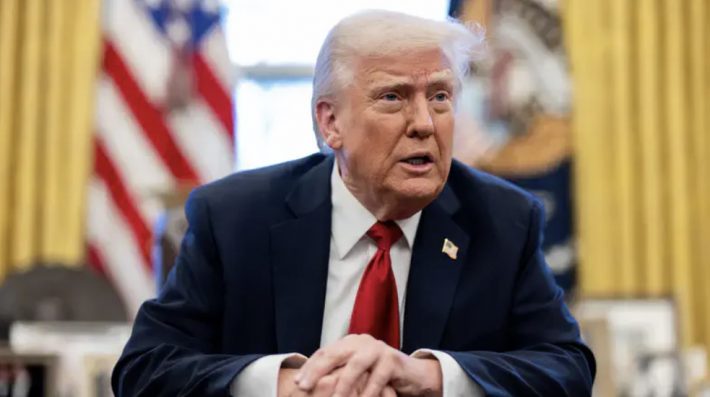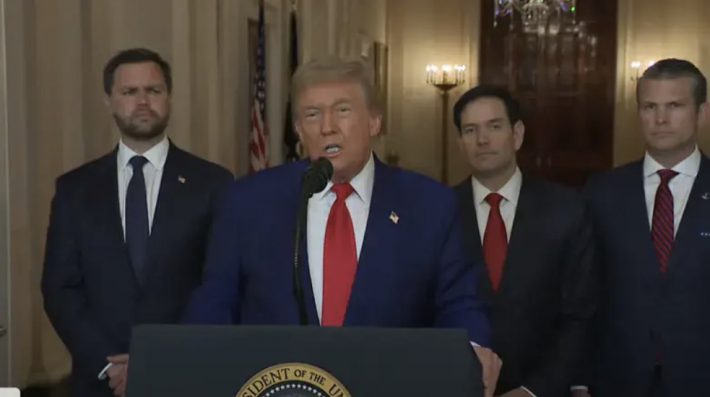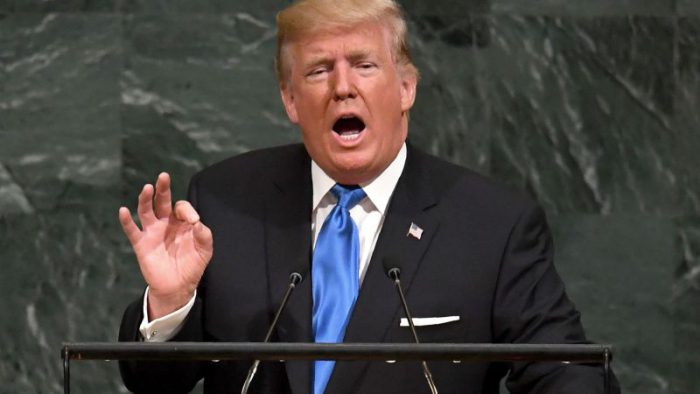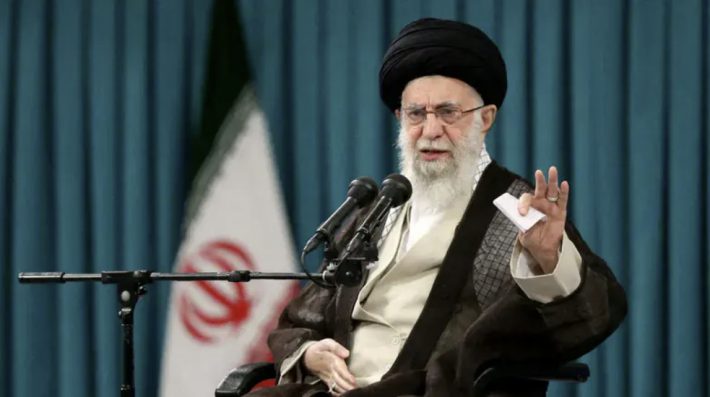USCIS confirms exemptions to Trump’s controversial H-1B visa fee, sparing Indian students and in-country status changers from the $100,000 charge.
In a landmark clarification welcomed by thousands of Indian tech professionals and students, the Donald Trump administration has moved to ease confusion surrounding its $100,000 H-1B visa fee proclamation, introducing key exemptions that significantly soften the blow for visa applicants and American employers alike.
The United States Citizenship and Immigration Services (USCIS) confirmed Monday that the fee—announced in a September 19 presidential proclamation—applies only to new H-1B petitions filed on or after September 21, 2025, for applicants outside the United States without valid visas.
Crucially, the agency stated that “change of status” petitions—such as international students on F-1 visas transitioning to H-1B work status inside the U.S.—are fully exempt from the six-figure fee. This clarification ends weeks of uncertainty that had rattled universities, global tech firms, and start-ups dependent on skilled Indian talent.
“The Proclamation does not apply to any previously issued and currently valid H-1B visas, or to amendments, extensions, or change-of-status petitions filed from within the United States,” USCIS affirmed.
The guidance also guarantees unrestricted travel for existing visa holders, confirming that reentries, amendments, and extensions filed after September 21 are not subject to the fee.
The controversial fee—nearly ₹89 lakh in Indian currency—had been sharply criticized by industry leaders and Indian officials for threatening innovation pipelines and the bilateral tech partnership between Washington and New Delhi. The U.S. Chamber of Commerce has filed suit calling the fee “unlawful and harmful to small and medium-sized businesses.”
In a significant policy detail, Homeland Security Secretary Kristi Noem will have the authority to waive the $100,000 charge in “extraordinarily rare” cases, such as when a position cannot be filled by an American worker or when the employment serves U.S. national interests.
The USCIS also outlined new payment procedures through pay.gov, requiring proof of payment or exemption before any petition submission.
The clarification brings enormous relief to Indian nationals, who dominate the U.S. high-skilled visa ecosystem—holding 70% of all H-1Bs issued in 2024, and representing 27% of all foreign students in U.S. universities, according to the latest ICE SEVP report.
Analysts say the Trump administration’s clarification preserves the strategic Indo-U.S. tech relationship while tightening immigration loopholes that had long been exploited by third-party contractors. For both nations, it strikes a new balance—protecting American labor while ensuring the continued flow of Indian innovation and expertise that fuels Silicon Valley.





